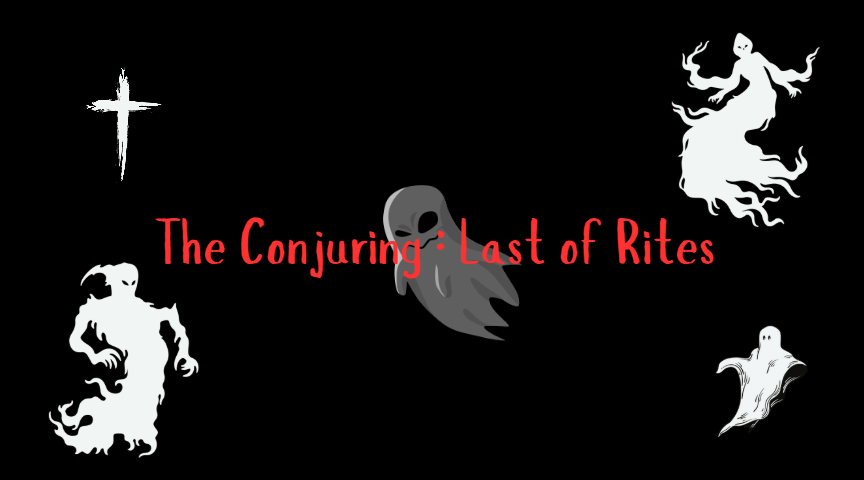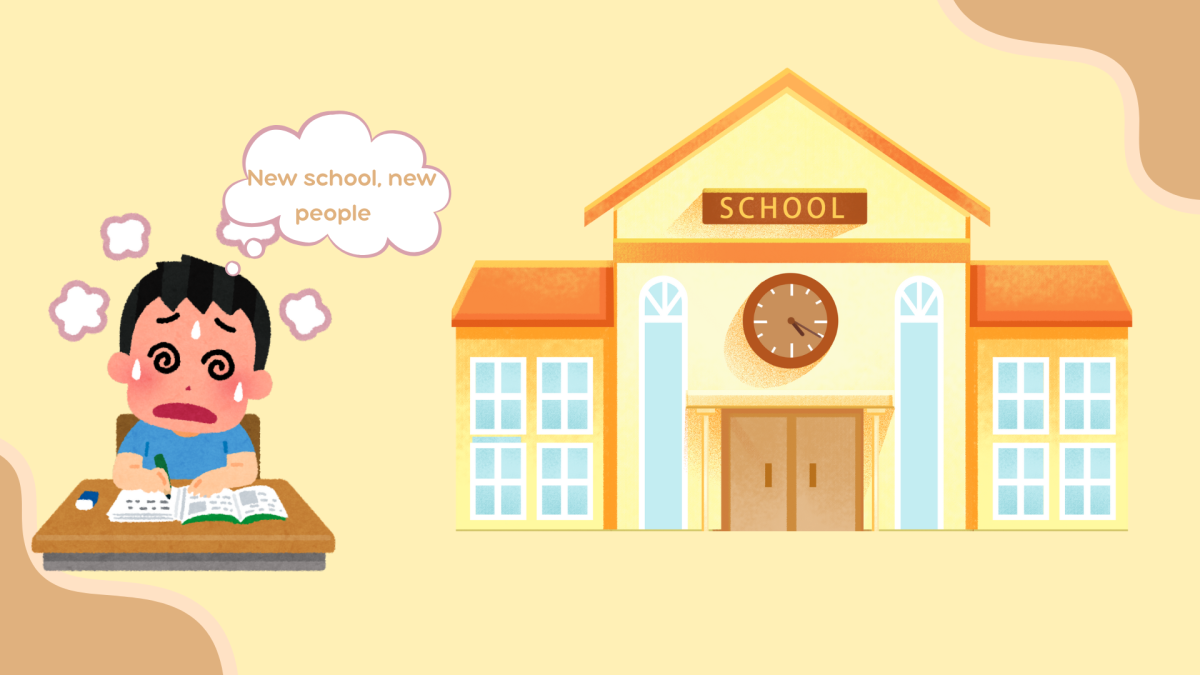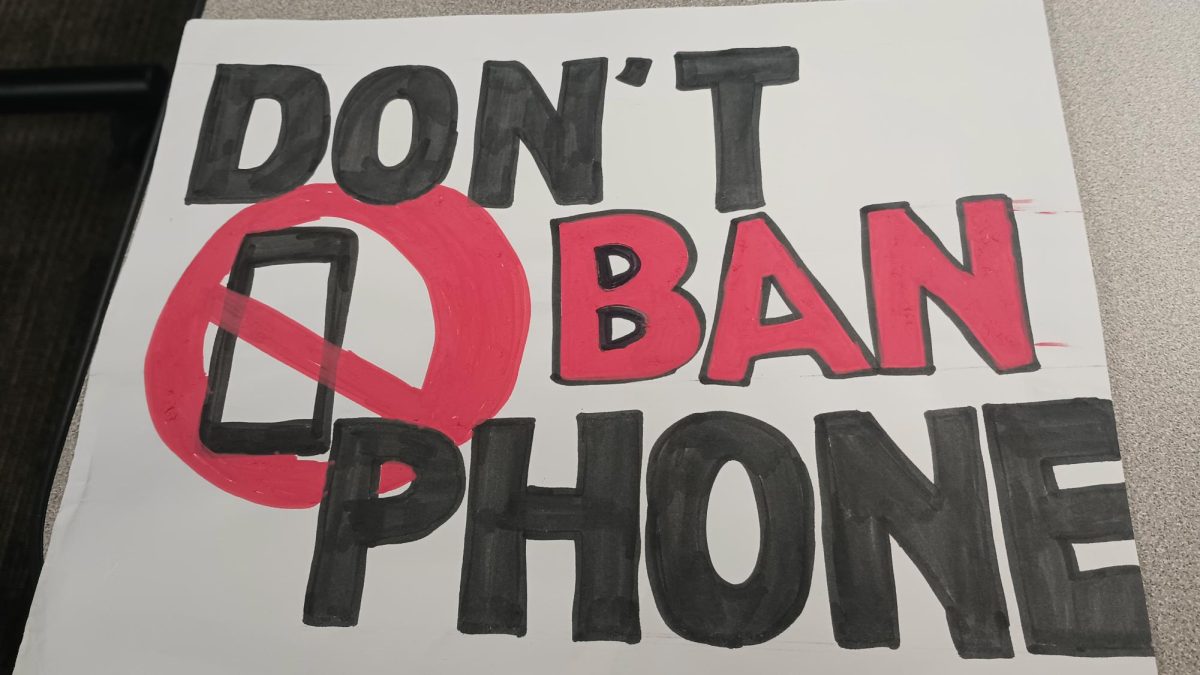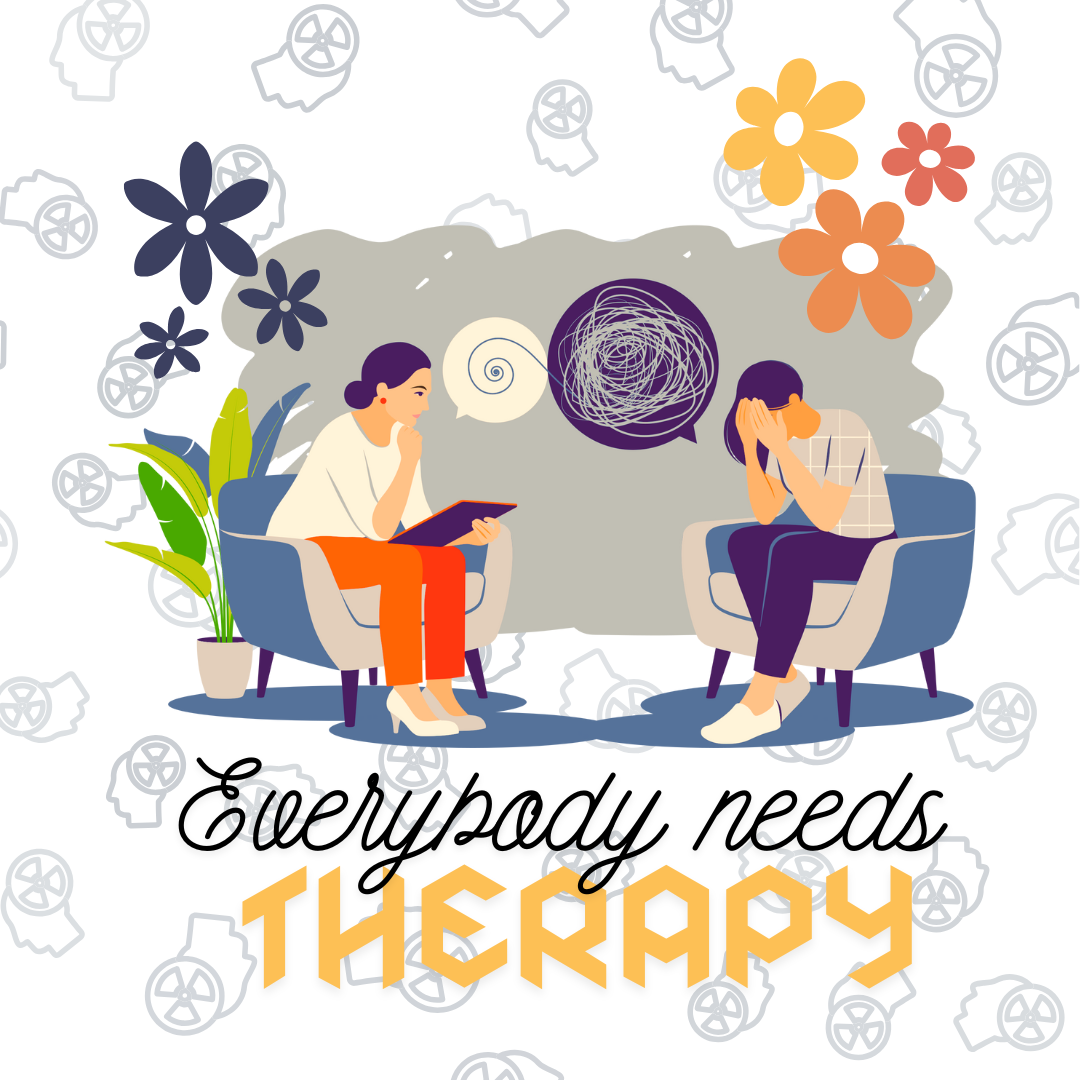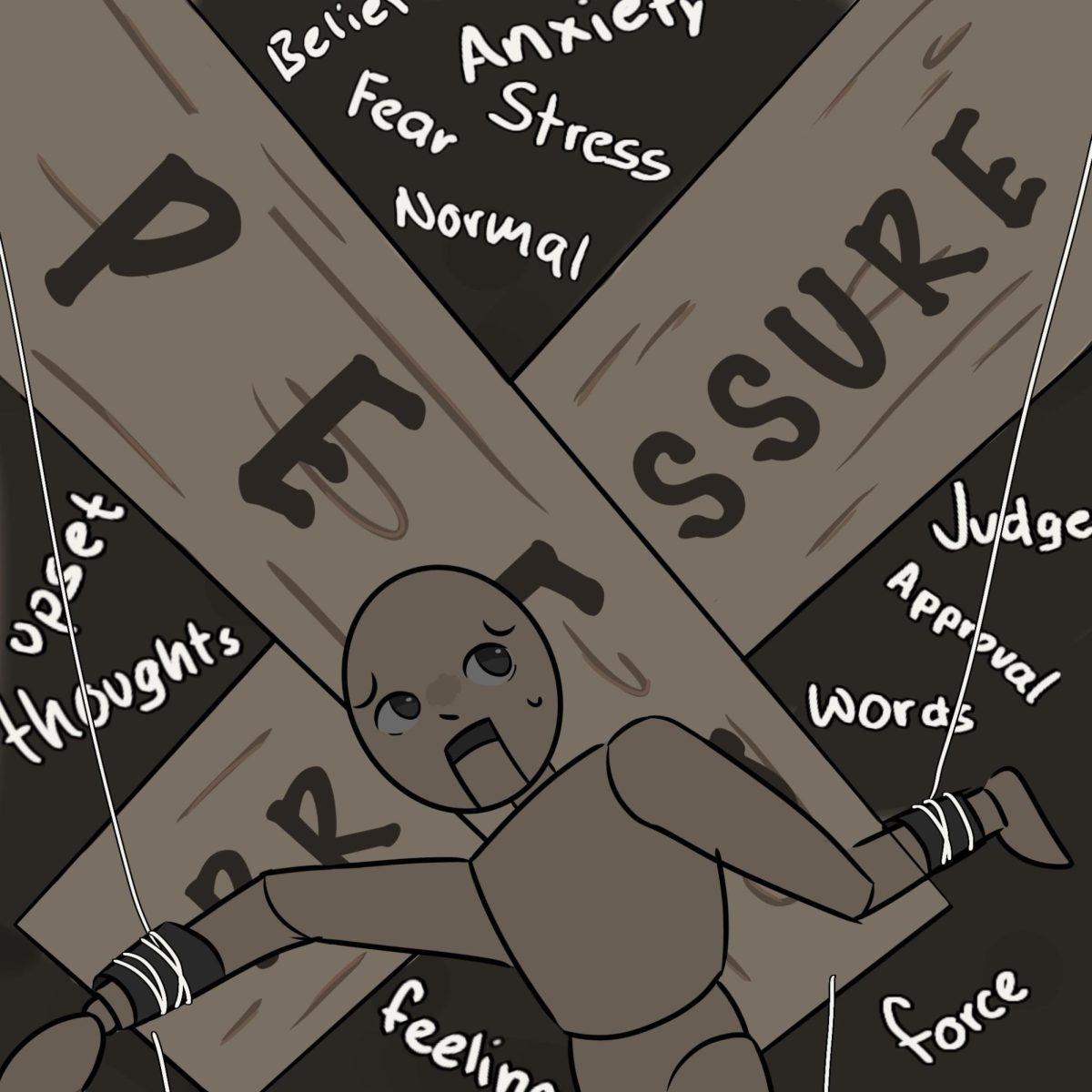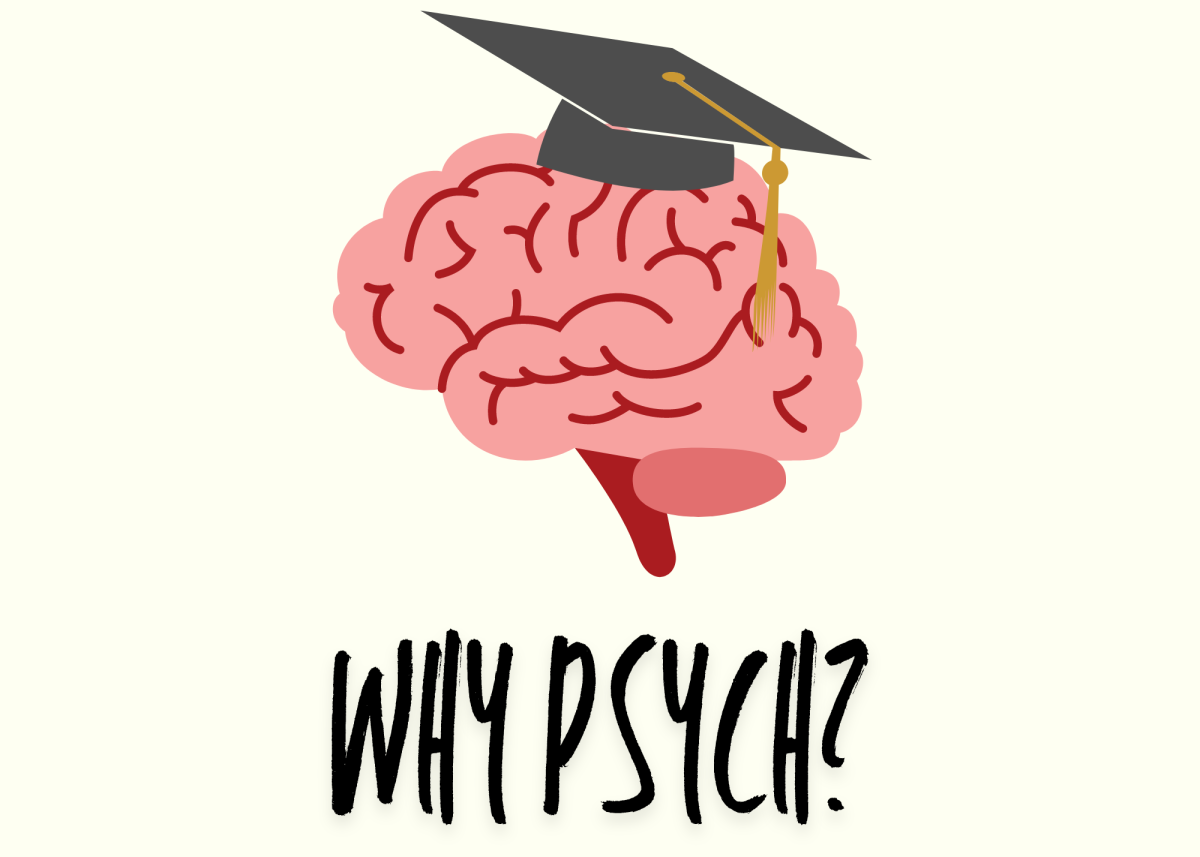Imagine a major that can help prepare you with skills that’ll be useful in any career. One that can help lay groundwork for many graduate level studies, such as education, social work, law, medicine and business. Or, one that can help explain different influences on human behavior such as trauma, drug abuse, medication or mental illness. No need to imagine any longer, for this is psychology.
Psychology is the study of the human mind and behavior. It connects to medical and social sciences, along with education and crime. While a psychologist can be found in a wide variety of workplaces, most choose to work in schools, hospitals and private practices.
Psychology was the third most popular major in America in the years 2022 and 2023, according to Niche. Also, over 1.2 million students take a psychology class every year. When you consider these statistics, it’s no surprise that psychology is a popular major of interest for seniors at Middle College High School, but why is that?
“I chose to pursue psychology as a major because I’ve always found the human mind interesting, especially human behavior. I want to become a psychiatrist to help people with more severe mental illnesses,” Alejandra Leal, current senior and future psychology major, said.
A degree in psychology can open someone up to a wide range of possibilities, with many topics to research and focus on in school. Having a higher degree such as a masters or doctoral degree can make you even more competitive in the job market, giving you even more career choices. The most common? Career counseling, therapy, school psychology and psychiatry.
“As of now, I am primarily interested in either clinical or forensic psychology. I aim to conduct research on human behavior and cognitive development, driven by the desire to gain new insights and advocate for mental health awareness. I would like to learn more about abnormal psychology, the process of treating mental disorders, and criminal behavior,” Dayanara Sandoval, future UC San Diego psychology student, said.
Despite all the pros to having a degree in psychology, it has been said that the field of psychology is too oversaturated. This means that there are too many people graduating with degrees in psychology, making it more difficult to find a job unless you have a postgraduate degree, loads of experience and a degree from a top school for psychology.
Because psychology has been a popular major for a while now, oversaturation and highly competitive graduates may cause students to turn away from the major. However, if you’re driven and passionate enough, the challenge can add extra motivation.
“I am driven to pursue psychology because I want to provide individuals with the voice and guidance I have learned to cultivate for myself,” Sandoval said.
Personal experiences with mental health and receiving treatment can also be the driving force that motivates students to help those with similar troubles. Giving others the feeling of being understood can be a rewarding experience for many psychologists out there.
“My struggle with Social Anxiety Disorder prompted me to connect with a psychotherapist who guided me toward a path of self-development. This experience reinforced my commitment to psychology and strengthened my motivation to make a difference in the lives of those dealing with mental health challenges,” Sandoval said.
Stigma existing in households, especially in Latino households, can also push students away from possibly pursuing psychology. Within the older generations, believing that mental illnesses “aren’t real” or not being informed about how to deal with mental health conditions is common.
According to the National Alliance on Mental Illness, roughly 35% of Latin adults with mental illness receive treatment. This is due to factors such as language barriers, lack of health insurance, fear of ostracization from family, or legal status and fear of deportation.
When support for seeking mental health treatment, like therapy or medication, is suppressed because of these reasons, it can make students even more afraid of exploring psychology. However, that doesn’t stop people from studying this topic. If anything, the existing stigma and wanting to overcome it to create a welcoming space for those struggling with mental health or mental health related conditions can be motivation for many.
“I think there is a stigma around mental health in Latino households. It’s been considered ‘normal’ by various generations and is constantly being enforced. I know that many situations can be solved if we have the initiative to talk about mental health in our households,” Leal said.
With many Latino/Hispanic seniors at MCHS going off to study psychology, we are slowly closing the gap of Latino psychologists. There are only around 5,000 Hispanic psychologists in the United States, which only makes up 5% of all psychologists in the U.S.. Since there are few Latino/Hispanic psychologists, it may be harder to find mental health services provided in Spanish.
However, the growth rate is high and hopefully, we can see an expansion of diversity in the field, which will lead to more minorities from all over reaching out for treatment and services.
Like many other healthcare professions, the main reason for students wanting to go into psychology is to help people. Whether it’s to help people with drug problems, understand the minds of criminals, find a prescription that’ll help people function a little better, or comfort those who are going through the same problems you once did, it doesn’t matter. It’s all about finding a better understanding of the human mind and how it reacts to our inner and outer problems.


